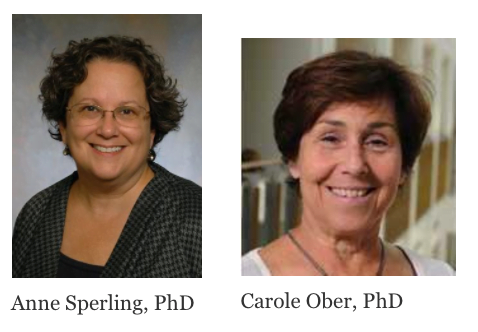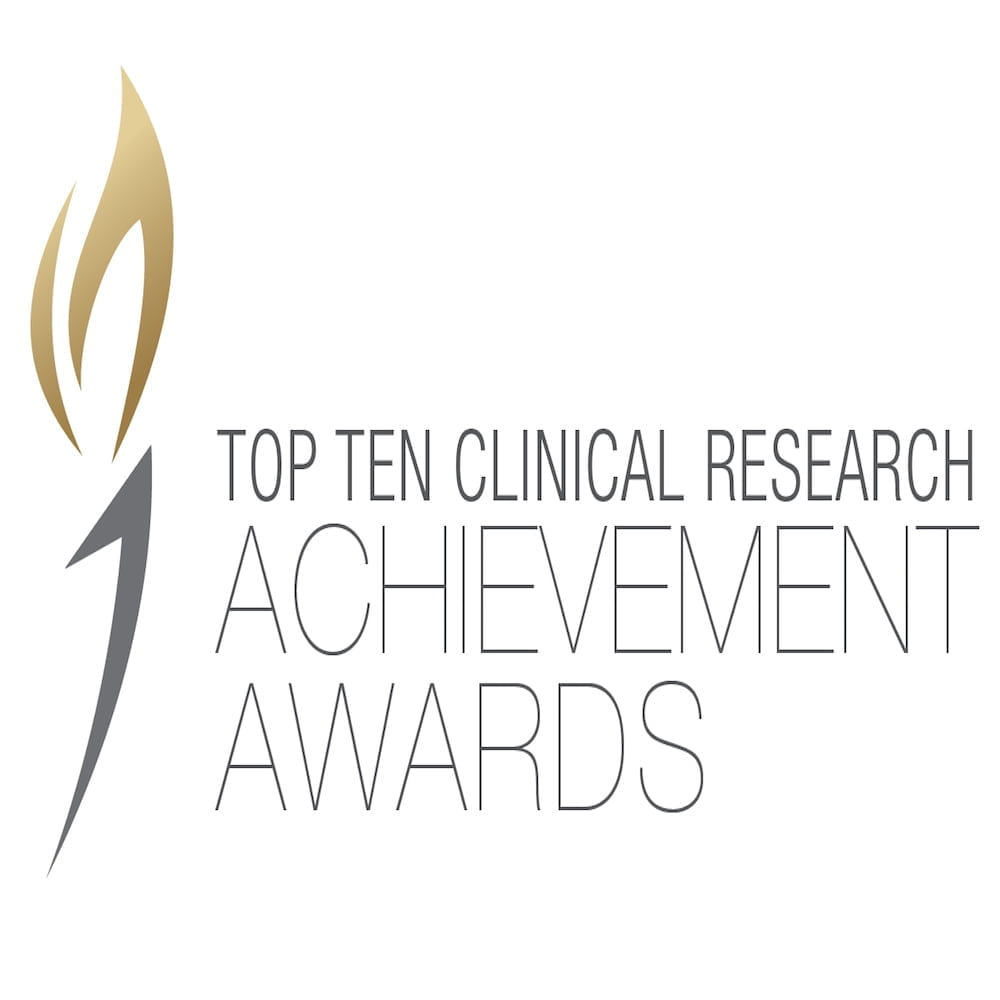
The Clinical Research (CR) Forum honored ITM investigators Anne Sperling, PhD, Carole Ober, PhD, Bhakti Patel, MD, and JP Kress, MD, with 2017 Top 10 Clinical Research Achievement Awards in Washington, D.C., on April 18.
The CR Forum, a nonprofit organization dedicated to providing support and leadership for translational research, selected these investigators’ projects as major national translational research advances.

Sperling, Ober, and their team’s project “How Environmental Exposures Protect Against Asthma” found that Amish farm environments provide protection against asthma. The environmental, genetic, and immunological differences between the Amish and Hutterites–two different Christian religious and cultural groups that share similar ancestry–revealed that Amish children are less likely to get asthma because high levels of dust in the environment shaped their immune responses.

Patel, Kress, and their team were honored for their project “Helmet Ventilation Reduces the Need for Endotracheal Ventilation in ARDS.” The study tested the viability of a non-invasive helmet ventilation technique for patients with acute respiratory distress syndrome (ARDS), a lung condition that prevents enough oxygen from getting to the body. Many ARDS patients require uncomfortable, invasive mechanical ventilation to save their lives. More attractive, non-invasive alternatives, like a face mask, often leak pressure and air, resulting in a 60 percent failure rate. This study found that helmets, or pressurized hoods with soft neck collars, improved 90-day survival rates by 22 percent, offering an easier, more comfortable way to deliver life-saving respiratory care to patients.
The investigators will present their research at the Translational Science 2017 conference in Washington, D.C., on April 19 – 21.
Click Here to Read More About the Awards and These Investigators’ Projects.

About the CR Forum
The Clinical Research Forum was formed in 1996 to discuss the unique and complex challenges to clinical research in academic health centers. Over the past decade it has convened leaders at the highest levels in academic institutions, the pharmaceutical industry, information technology industry, and government to draw upon their perspectives in addressing the challenges and opportunities facing the clinical research enterprise.
The Clinical Research Forum believes that continued success for our nation’s translational research enterprise will require the development of an integrated system with the capacity to efficiently translate a burgeoning pipeline of basic research into high quality clinical care and improved health outcomes.



